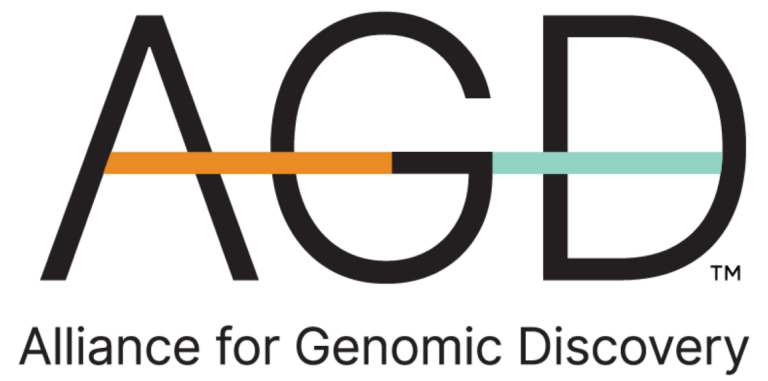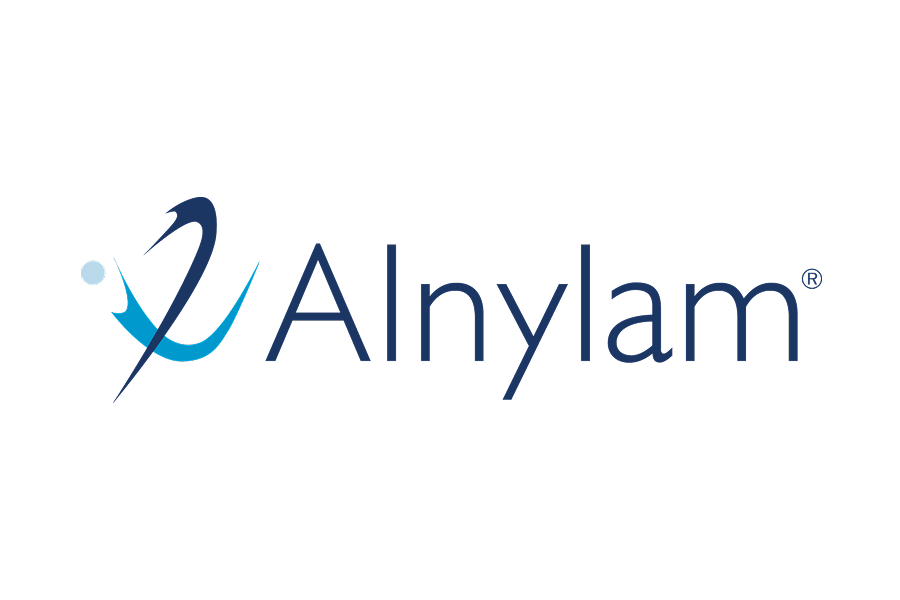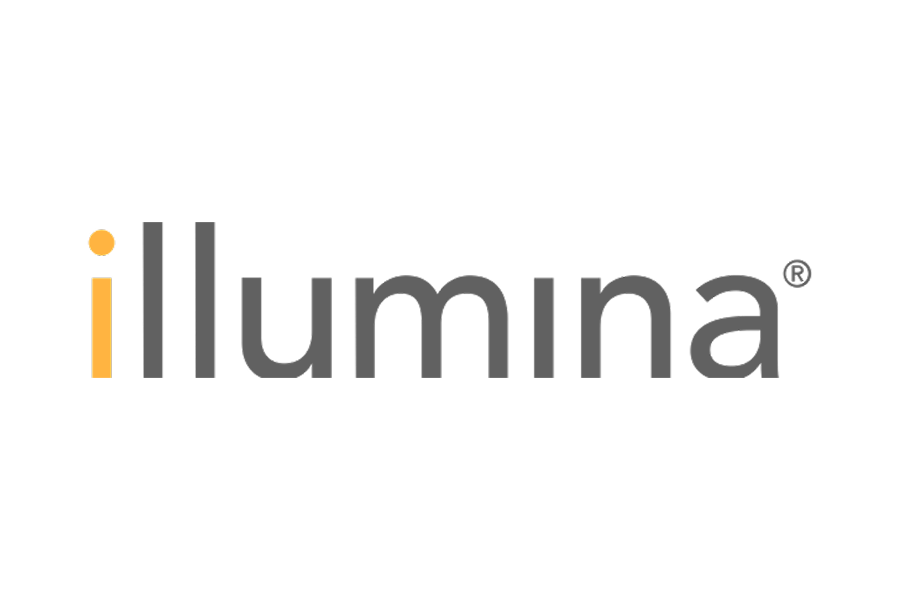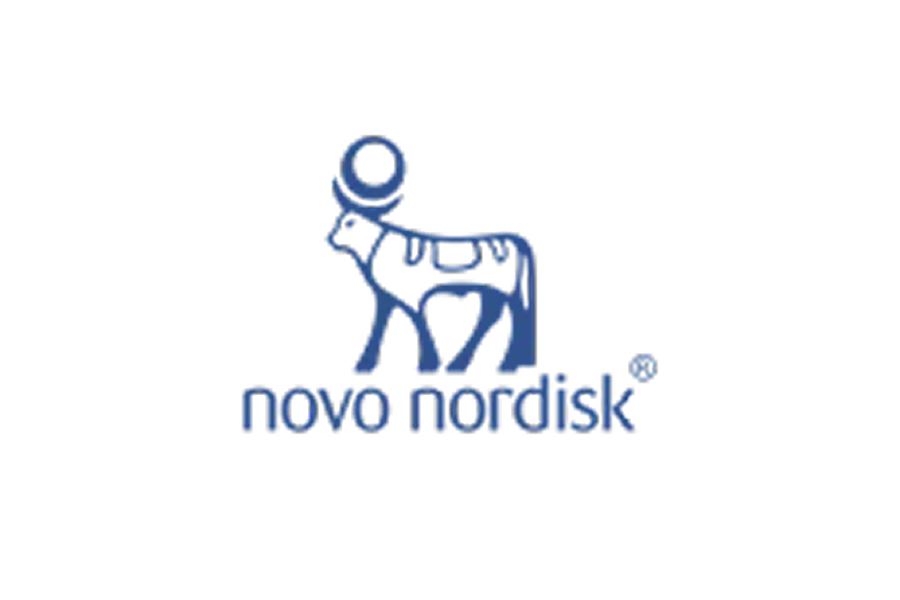An Unparalleled R&D Resource
Launched in January 2023, AGD achieved a landmark milestone by March 2025: sequencing 250,000 samples to create one of the fastest, most comprehensive clinical genomic datasets. Prioritizing ancestral diversity and linking it to longitudinal clinical phenotypes ensures equitable, inclusive insights often overlooked in homogeneous data.
Powered by deCODE genetics (an Amgen subsidiary), Illumina’s DRAGEN™ pipeline, and Connected Analytics, AGD’s sequencing and analysis outpaced prior efforts—reaching 100,000 genomes in under two years versus three to five. DRAGEN Iterative gVCF Genotyper boosts variant accuracy across populations, revealing rare and complex traits. De-identified DNA from NashBio’s VUMC BioVU® biobank was sequenced and integrated with EHR-derived phenotypes, forming a shared platform for the nine biopharma members.
“The AGD dataset is unique for its diversity and depth and has already proven its value by empowering us to make important discoveries we would not have made without it,” said Kári Stefánsson, CEO of deCODE genetics.
A 2024 Nature study shows drugs with genetic backing succeed 2.6 times more often, underscoring genomics’ role in discovery. AGD’s diverse data—spanning ancestries, diseases, and demographics—fuels ongoing exploration, yielding early target hits in autoimmune, liver fibrotic, and metabolic conditions.
Next Phase: Expanding to Multiomics
AGD’s future amplifies dataset breadth with multiomic layers like proteomics to probe disease mechanisms and uncover intervention targets.
“We have received extensive AGD member and broader customer interest,” said Leeland Ekstrom, PhD, Chief Executive Officer of NashBio. “Based on this extensive market interest, we’re exploring proteomics and other omics modalities to further elucidate the underlying mechanisms of disease and enable discovery of promising targets for pharmacological intervention. The whole genomes of ‘AGD 1.0’ are only the start.”
